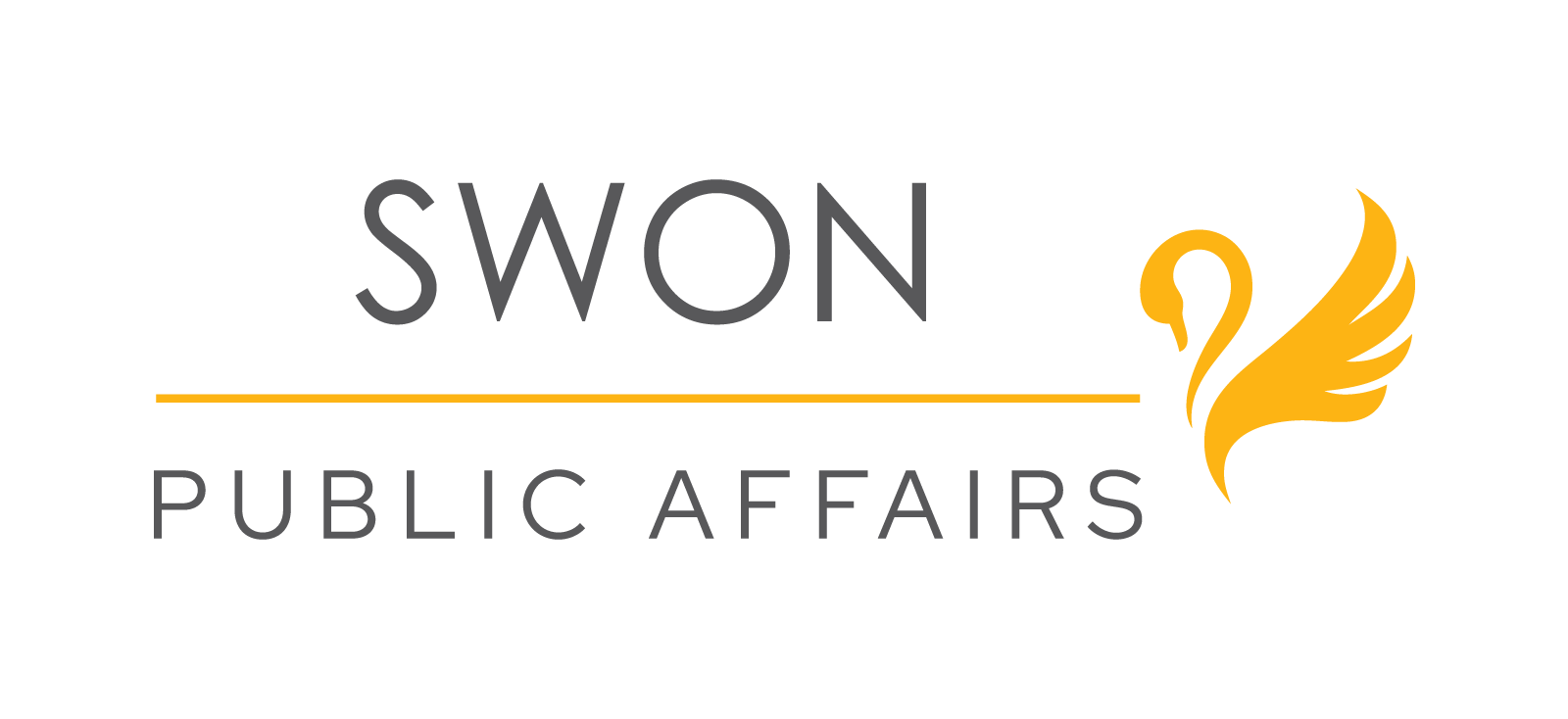
SEPTEMBER 2023 NEWSLETTER
Lessons in Public Affairs – What is a contingency fee, and why isn’t it allowed?
In the world of public affairs, various financial arrangements are utilized to ensure effective representation and advocacy for clients seeking to navigate the complex landscape of strategic communications, government policy, and regulatory issues. One such arrangement is the contingency fee, a model that offers distinct advantages and considerations for both clients and public affairs practitioners.
Defining Contingency Fees: A contingency fee in the context of public affairs refers to a compensation structure where a public affairs firm or consultant is paid based on the successful outcome of their efforts. Unlike traditional billing models that involve hourly rates or fixed project fees, a contingency fee ties compensation directly to achieving predetermined goals, such as passing specific legislation, influencing public opinion in favor of a particular cause, or securing a favorable regulatory decision.
Contingency Fees in Canada: The Office of the Commissioner of Lobbying of Canada prohibits consultant lobbyists from receiving payments based on the success of their lobbying work. Likewise, clients of these lobbyists are not allowed to make payments contingent on the lobbyist’s achievements. During the registration process, lobbyists must confirm their commitment to not accepting contingency fees for their work.
This underscores the importance of transparency and ethical engagement in our pursuit of meaningful impact in the realm of public affairs.
New justice minister appoints more than a dozen judges in effort to address vacancies
In a significant step towards resolving the persistent vacancies in Canada’s judicial system, Justice Minister Arif Virani recently unveiled the appointment of more than a dozen judges. As of July 1, a staggering 81 federally appointed judicial positions remained unfilled across the country, prompting urgent action to reinforce the judiciary’s effectiveness and ensure timely access to justice.
The announcement comes as Chief Justice Richard Wagner of the Supreme Court has been advocating for a swift appointment process to address the concerning backlog of cases. Chief Justice Wagner’s call to expedite these appointments reflects his concerns about the potential crisis in the justice system, as the delays have the potential to undermine both access to justice and the functionality of democratic institutions.
A total of 14 judges have been appointed, spanning various provinces and territories. Manitoba will see five new judges, including four promotions, while Ontario will receive four fresh appointments. Saskatchewan, British Columbia, Alberta, Nunavut, Newfoundland and Labrador will each welcome one new judge. Furthermore, the appointment of a Federal Court judge underscores the government’s commitment to enhancing the effectiveness of the federal courts.
The urgency for these appointments is amplified by the Supreme Court’s 2016 R. v. Jordan decision, which stipulated specific timeframes for the conclusion of trials following an individual’s charge. The ruling mandates that trials must conclude within 18 or 30 months, depending on the type of trial. Delays deemed unreasonable can result in cases being stayed, effectively preventing the trial from moving forward. This has led to instances where accused individuals have been allowed to go free due to the shortage of judges and ensuing delays in the trial process.
Upon assuming the justice portfolio, Minister Virani vowed to expedite judicial appointments, emphasizing the need to maintain quality while ensuring swift action. The challenges associated with judicial appointments include not only the shortage of applicants but also the goal of achieving a bench that is representative of Canada’s diverse population.
In addressing these concerns, the federal government continues to fulfill its role in appointing judges to federal courts, superior courts of provinces and territories, and the Supreme Court of Canada. The recent appointments signify a step towards alleviating the strain on the justice system, enhancing efficiency, and safeguarding access to justice for all Canadians. As the newly appointed judges assume their roles, there is renewed hope for a more expeditious and effective judicial process across the nation.
Celebrating Excellence in Ontario’s Agriculture Sector: The 2023 Excellence in Agriculture Program
Ontario’s dedication to recognizing exceptional achievements, innovations, and contributions within the agriculture and food sector takes center stage with the introduction of the 2023 Excellence in Agriculture program. This initiative holds a strong commitment to highlighting individuals, businesses, and organizations propelling progress, embracing technological advancements, and fostering awareness throughout the agri-food value chain in Ontario.
Minister of Agriculture, Food and Rural Affairs, Lisa Thompson, stated, “Ontario’s agriculture and food industry includes some of the most dedicated and innovative individuals provincewide. The Excellence in Agriculture Awards will give recognition to the people in these industries that go above and beyond, setting the standard and leading by example to ensure we can continue to Grow Ontario!”
The program takes pride in acknowledging the contributions of those who positively impact farmers, processors, and the industry at large. With a focus on 11 categories, including Excellence in Food Processing, Research and Innovation, Women’s Excellence, Youth Excellence, and more, the program underscores the significance of these diligent contributors who form the bedrock of Ontario’s agriculture and food industry.
Through the Excellence in Agriculture program, the province further underscores its commitment to fostering thriving rural communities while nurturing the success of the agriculture and food industry. This initiative celebrates local agri-food entities, youth, women, primary producers, Indigenous businesses and communities, processors, and more, all of whom drive innovation and sustainability within the sector.
The launch of the Excellence in Agriculture program aligns seamlessly with the Grow Ontario Strategy, furthering its goal to bolster awareness and fortify the agriculture and food sector. As the program illuminates those shaping the industry’s future, Ontario’s path towards a more prosperous and sustainable agricultural landscape is illuminated.
City of London Wraps Up Successful 2023 AMO Conference
As the 2023 Association of Municipalities of Ontario (AMO) conference concludes, the City of London extends its gratitude to the over 2,400 delegates who participated in AMO’s largest-ever conference. Throughout the event, which celebrated London as Canada’s City of Music, attendees engaged with thought leaders, industry experts, and received key announcements from Premier and Provincial leaders.
Led by Mayor Josh Morgan, Deputy Mayor Shawn Lewis, Budget Chair Elizabeth Peloza, and Councillor Anna Hopkins (London’s AMO board member), the city showcased its commitment to municipal priorities such as housing, health, homelessness, and economic development. With a robust program spanning four days, London interacted with nearly 20 Provincial Ministers and party leaders, fostering collaboration among municipal peers and decision makers.
Mayor Morgan seized the opportunity to present London’s pioneering Health and Homelessness Whole of Community System Response—a model of care that supports the city’s most vulnerable populations. He expressed pride in hosting AMO’s largest conference, underscoring London’s reputation as an innovator in addressing common challenges.
Beyond the conference’s agenda, London shone a spotlight on its vibrant community, offering attendees access to signature events, study tours, and local experiences. The event, supported by the City of London, Tourism London, and RBC Place London, significantly contributed to the local economy with an injection of over $3 million and a showcase of more than 25 local artists.
Looking ahead, the next AMO Conference is slated for Ottawa in 2024, and London eagerly anticipates its return as the conference host in the summer of 2027.











Latest posts